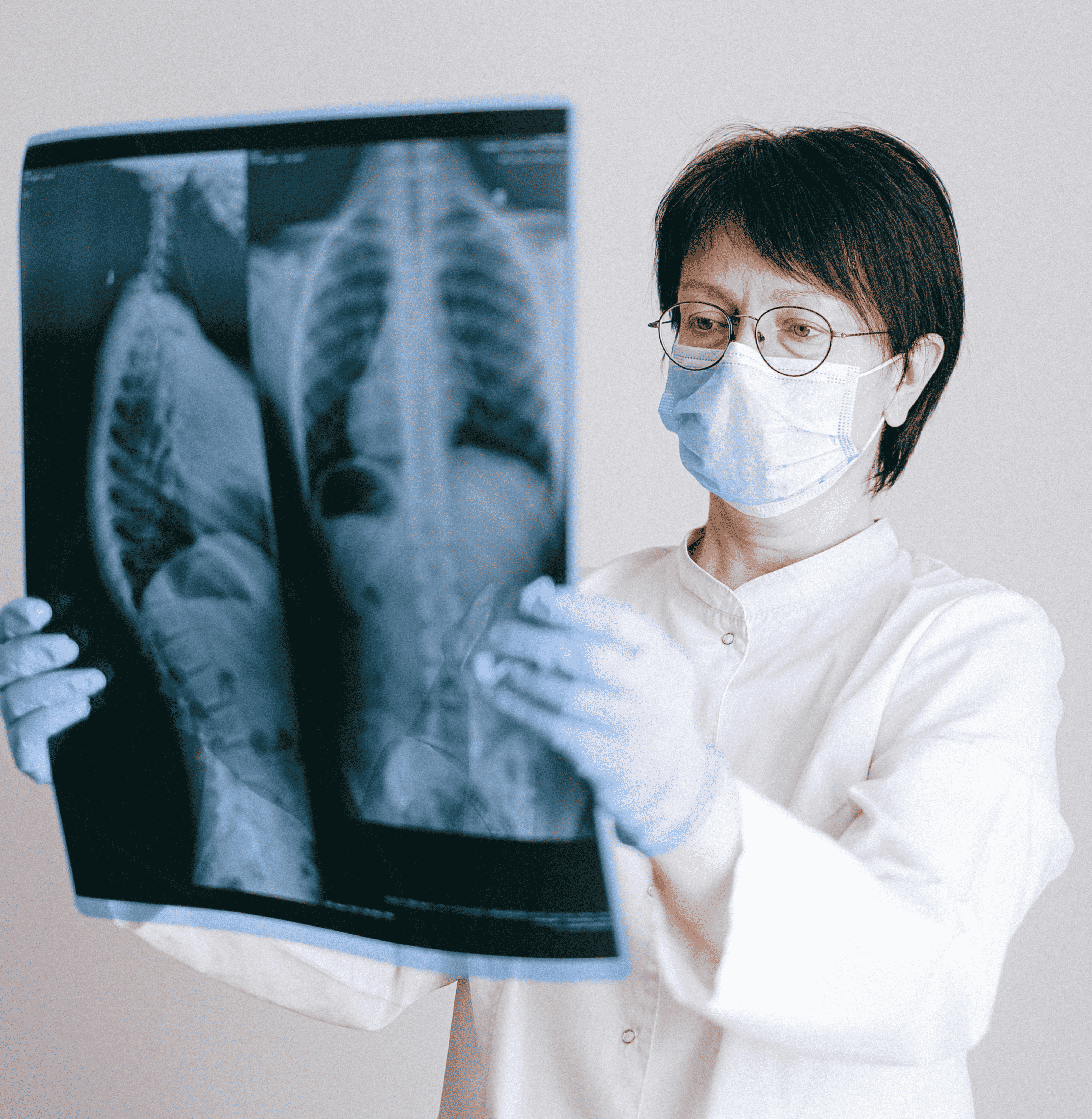
Will Fast corona tests and also the far more complex PCR tests – which often mean you have to wait days for the results – soon become superfluous? Yes, at least to a certain extent. That is according to a research team headed by Prof. Dr. Björn Schuller at the University of Augsburg in Germany. They are developing an app with which infection with the SARS-CoV-2-Virus can be identified by speech. “The app could provide real-time data on the movements and transmission patterns of people infected with corona,” Schuller is quoted by the German news service dpa.
The scientist is a specialist in artificial intelligence and has been researching a speech recognition app since March. One that can determine whether a person is infected with the coronavirus on the basis of speech patterns. The researchers started out by using voice recordings from the Chinese city of Wuhan. However, since the virus is now widely spread in Germany, they are now using voice recordings from Germany to train the AI.
Also in Italy scientists are working on a similar method. Over the past few months, Giovanni Saggio, professor at the Department of Electronic Technology at the University of Tor Vergata in Rome, Italy, has developed a corona voice test. Patients from a number of Italian hospitals, including the Pavia Polyclinic (which treated Italy’s first corona patient in February), were asked to speak two short, set texts and cough three times. The recording was then processed by VoiceWise, a Tor Vergata university start-up that uses artificial intelligence to detect the coronavirus (and many other diseases) via voices.
Corona can be detected by voice thanks to AI
In Austria test subjects record a text with their cell phones which contains a considerable number of vowels. These recordings are then compared by using deep neural networks with voice recordings of people with and without a corona infection. According to Schuller, computers can be trained with machine learning to recognize patterns and several thousand characteristics in the human voice that indicate feelings and illnesses. “Language is the new blood here. We use it for analysis, but we also urgently need donations so that we can improve our systems for everyone,” he explains.
According to the scientists, the app now has an accuracy rate of more than 80 percent. Schuller and his team want to collect more data in order to further develop it. They ultimately hope to bring it to market maturity. But the professor also underlines that “privacy and ethics always come first.”
Stumbling block: The official corona App
Nevertheless, there are still some obstacles to overcome before the app can be used on smartphones, Schuller admits. App stores such as Google Play are only allowed to offer one single Corona app per country. “So we would have to integrate it into the official app. Or promote it as a more general health analysis application.”
It remains to be seen whether the app can be used as a fully-fledged replacement for the tests used to date. At the very least, however, it could be used by physicians as an initial diagnostic tool. This would invariably relieve the burden on laboratories. PCR tests would then only have to be performed if the app recognizes a COVID-19 infection as being likely.







